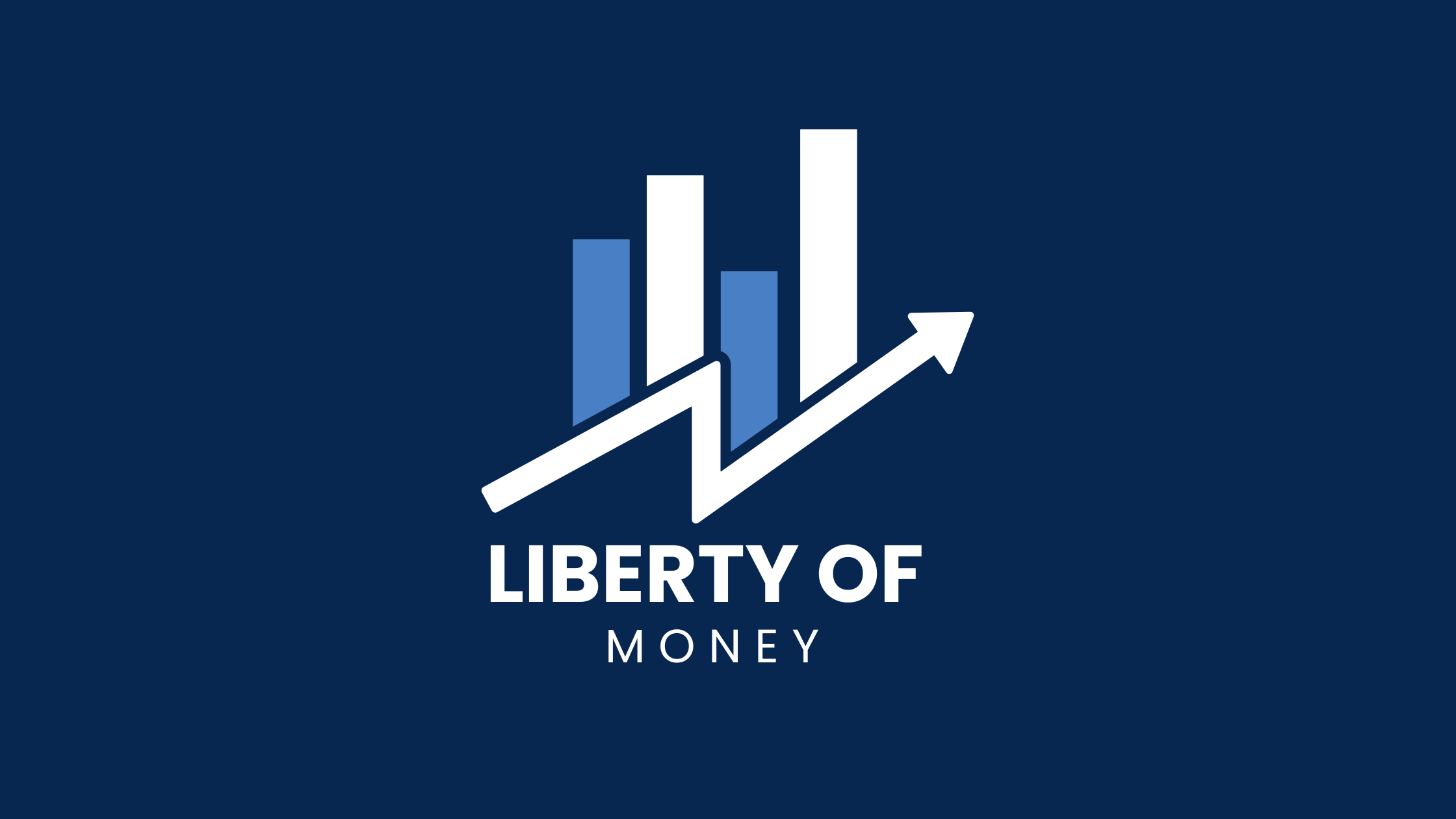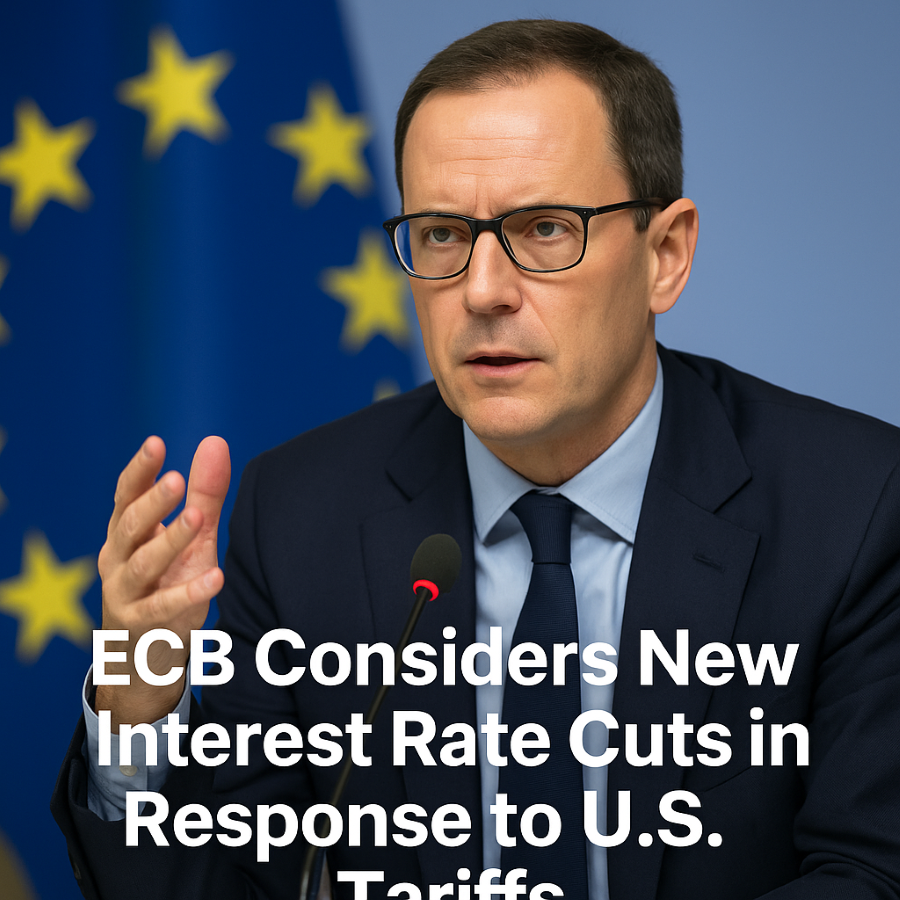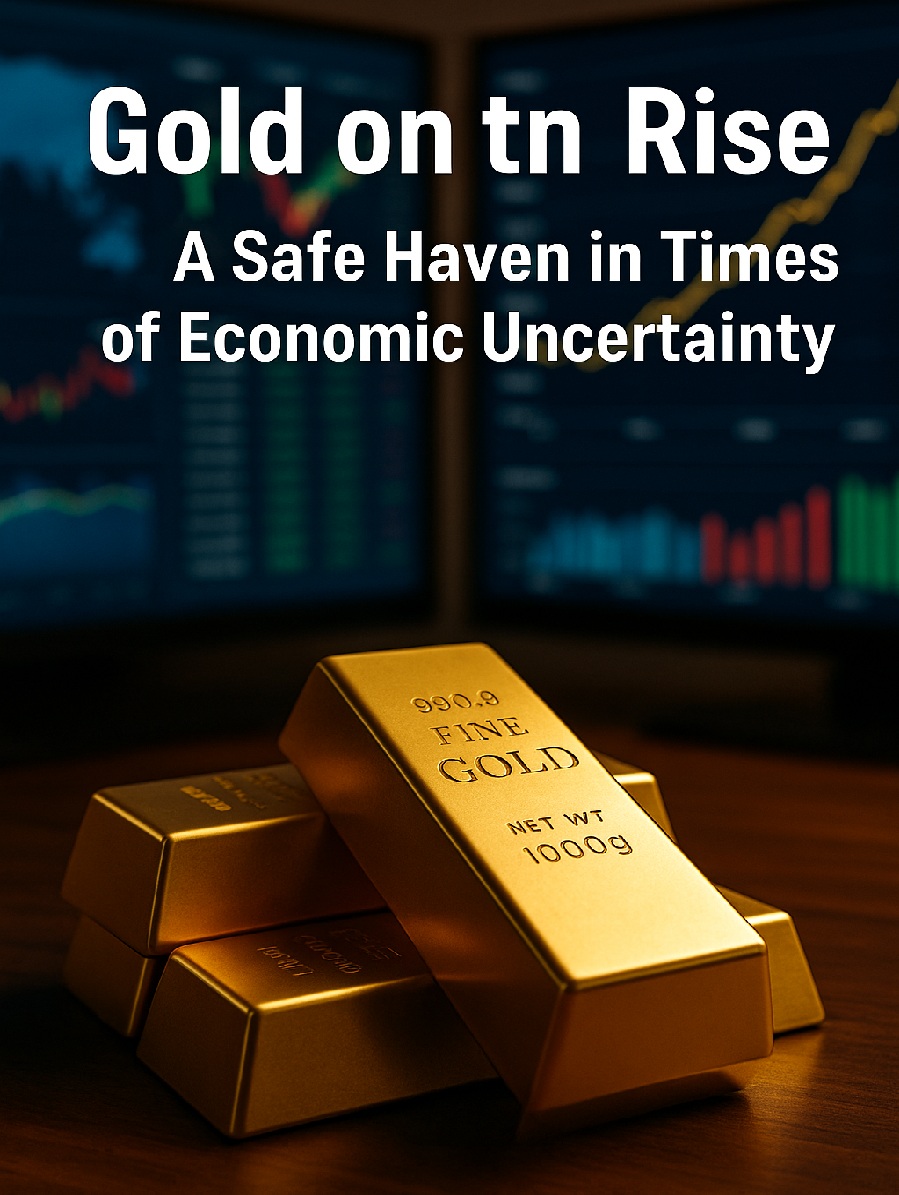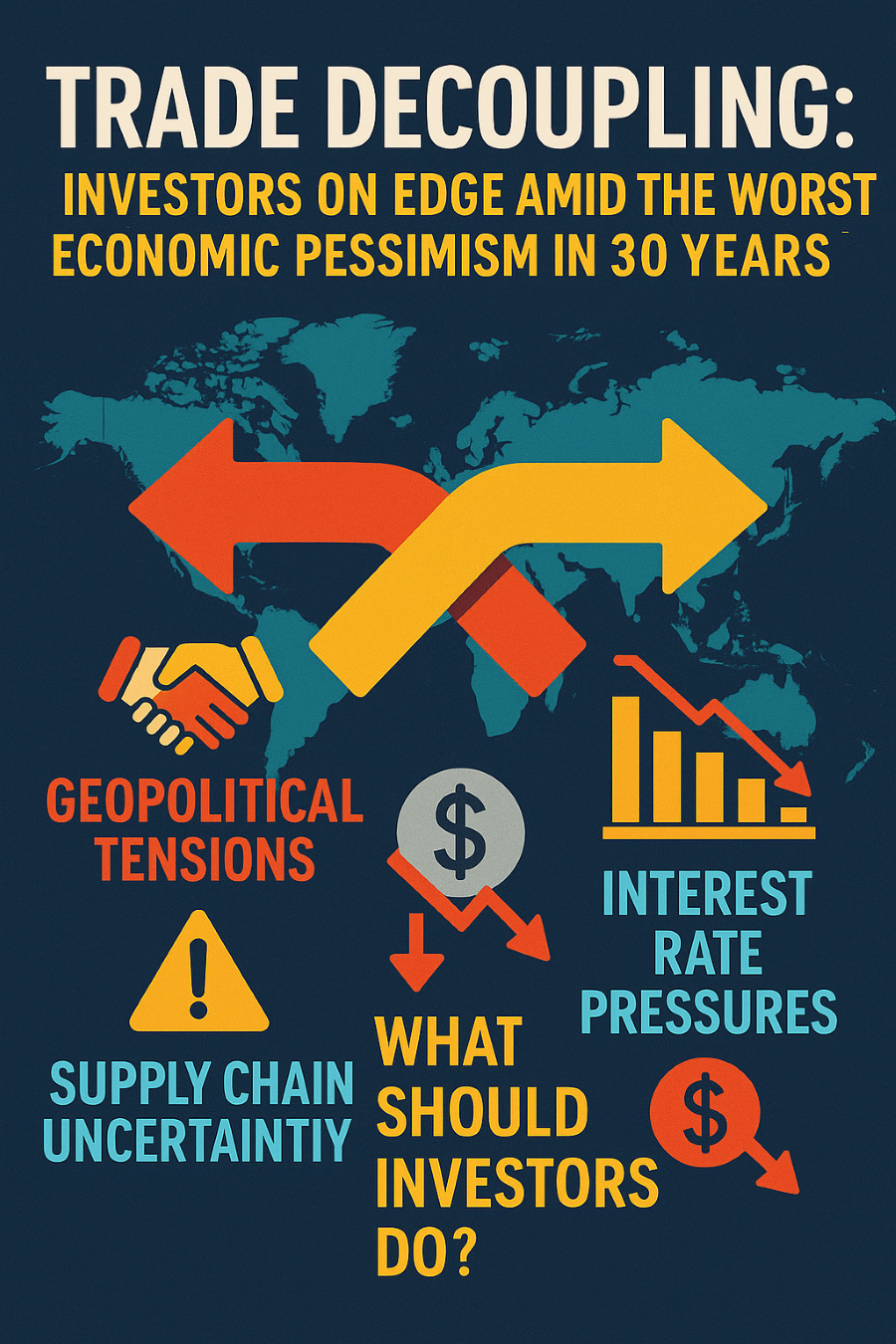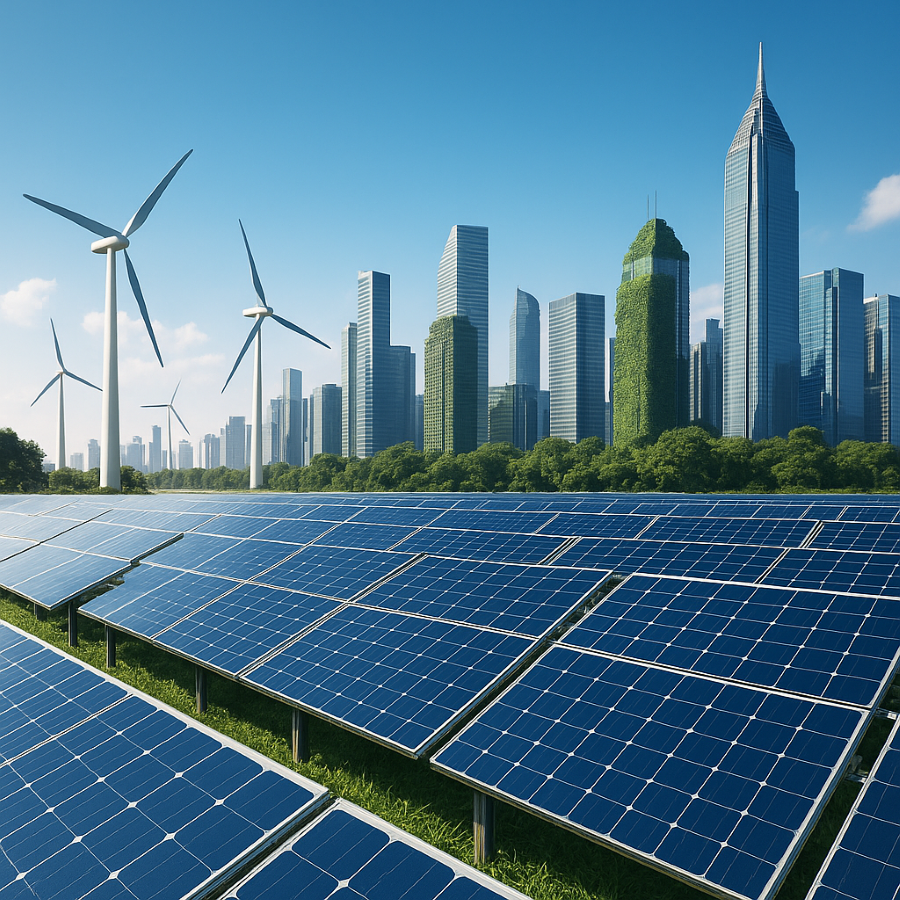As climate change becomes a growing global concern, investors are asking an important question: Is sustainable investment the future of finance? The shift toward a green economy isn’t just a trend — it’s a fundamental transformation in how we build wealth, manage risk, and impact the planet. In this article, we’ll explore how the green economy is changing investment strategies and how you can take advantage of it.
What Is a Green Economy?
A green economy is one that fosters economic growth while reducing environmental risks and ecological scarcities. It’s all about sustainability, clean energy, and long-term responsibility.
Key characteristics include:
- Low carbon emissions
- Resource efficiency
- Social inclusion
This economic model encourages investments in renewable energy, sustainable agriculture, green buildings, and eco-friendly transportation.
Why Is the Green Economy Growing?
There are several powerful forces behind this shift:
1. Government Policies and Incentives
Countries worldwide are introducing climate-focused regulations and subsidies to support green innovation and penalize polluters.
2. Corporate Responsibility
Consumers are demanding transparency and sustainability. Companies that prioritize ESG (Environmental, Social, Governance) are gaining favor in the market.
3. Financial Performance
Sustainable investments are no longer seen as niche — many ESG-focused funds have outperformed traditional ones, especially during market volatility.
Sustainable Investment: What Are Your Options?
Looking to align your portfolio with your values? Here are a few smart, accessible ways to get started:
1. Green Bonds
Issued to fund environmental projects, green bonds are gaining popularity among conservative and long-term investors.
2. ESG Mutual Funds and ETFs
These funds invest in companies with high environmental and social standards. They’re managed professionally and easy to access through most brokers.
3. Renewable Energy Stocks
Think solar, wind, and clean energy infrastructure — these sectors are booming thanks to government support and tech innovation.
4. Sustainable Real Estate
Investing in energy-efficient buildings or REITs (Real Estate Investment Trusts) focused on green development is another impactful option.
Risks to Consider
Like any investment, sustainable options carry risk. The green sector can be volatile, and some funds may greenwash — claiming sustainability without truly meeting ESG standards. Do your research or seek advice from a trusted financial professional.
Why This Matters Now
The transition to a green economy is accelerating. Investors who move early could benefit from:
- Higher returns in growing industries
- Diversified portfolios less tied to fossil fuels
- Positive social impact, aligning profit with purpose
How to Start: A Practical Guide
If you’re feeling unsure about how to begin, consider this step-by-step plan:
- Define your values and goals. Are you more focused on clean energy or social equity?
- Research ESG scores and sustainability ratings.
- Choose your platform or broker. Many now offer filters for sustainable investments.
- Start small. Even a modest ESG ETF can be a powerful start.
- Educate yourself continuously. Sustainable investing is evolving rapidly.
Final Thoughts
The green economy isn’t a distant dream — it’s already here, shaping the future of finance and redefining what it means to invest wisely. Whether you’re a seasoned investor or just starting out, aligning your portfolio with sustainability could be one of the smartest — and most meaningful — moves you make.
